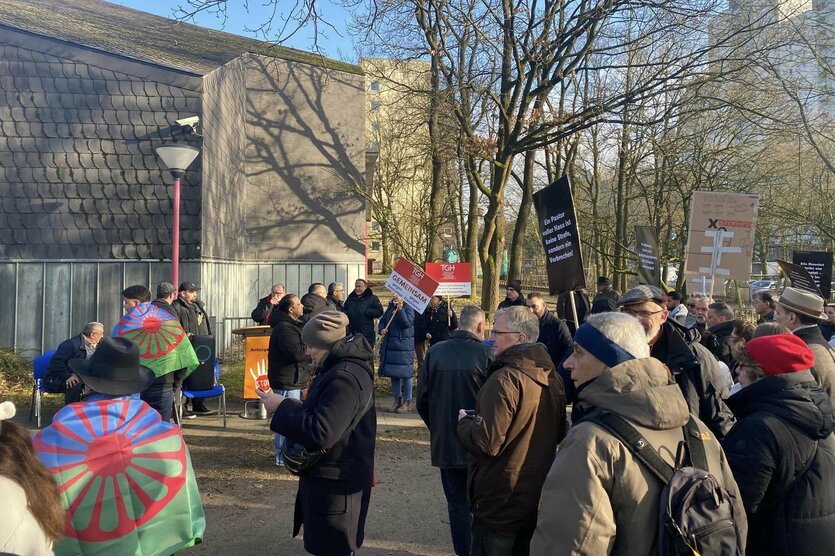On the occasion of the forthcoming European elections, Rudolf Sarközi, chairman of the Austrian National Minority Advisory Council of the Roma, calls for a separate ethnic groups commissioner for Rroma and other minorities in the European Union. This commissioner should urge the EU member states to respect the rights of minorities and prescribe sanctions if needed: “For Sarközi it is “high time” that a male or female commissioner for minorities with a focus on ethnic groups, Roma and Sinti, as well as refugees that escape from worldwide crisis areas to Europe, is put in place. […] Thereby, a “permanent, political and societal solution for Roma and Sinti in Europe” could be found, he said in a statement” (Vienna online 2014). In an extensive interview with mokant.at, Sarközi explains his views on the current situation of the Rroma in Austria. He states a clear decline in discrimination since the official recognition of the Rroma minority and the attack of Oberwart in 1995. The tragedy caused a caesura in the Austrian society and created an awareness of the discrimination against the minority. As far as the culture of the Rroma concerns, Sarközi denies uniform characteristics that all Rroma share: “Is there a separate, unified culture of the Roma? This does not exist. Not even among the Austrian Roma people. Why? We live in different nation-states. Most Sinti belong to Germany and were influenced by this culture. We have adopted the culture, which is predominantly present in the country or the region. To select the German example: In Berlin, the Sinti or Rrom will be as Prussian as the Prussian, and in Bavaria as Bavarian as the Bavarians!” (Winterfeld 2014). One has to contradict him in one point, however. He denies that there are overarching traditions. These exist, even if the various groups practice them differently. The most Rroma speak Rromanes, going back to Sanskrit, they share many traditions. The statement that the Rroma belong to different religions, Sarközi is absolutely right. He moreover stresses how important it is that the majority population makes offers of integration, to the Rroma as well as other minorities. For without such a willingness to accept other people in a society, a positive integration – and not an assimilation – is very difficult to achieve. Sarközi also emphasizes the importance of education for a successful integration of the Rroma. After all, education increases self-confidence and social recognition.
- Vienna online (2014) Österreichs Roma wünschen sich Volksgruppen-Kommissar in der EU. In: Vienna online vom 8.4.2014. http://www.vienna.at/oesterreichs-roma-wuenschen-sich-volksgruppen-kommissar-in-der-eu/3921870
- Winterfeld, Hanna (2014) Rudolf Sarközi: „Zukunft der Roma in Europa hat begonnen“ In: mokant.at online vom 8.4.2014. http://mokant.at/1404-roma-sinti-sarkoezi-diskriminierung-antiziganismus/







